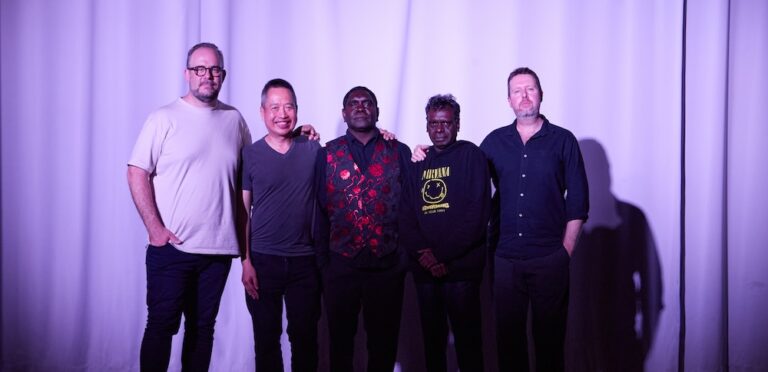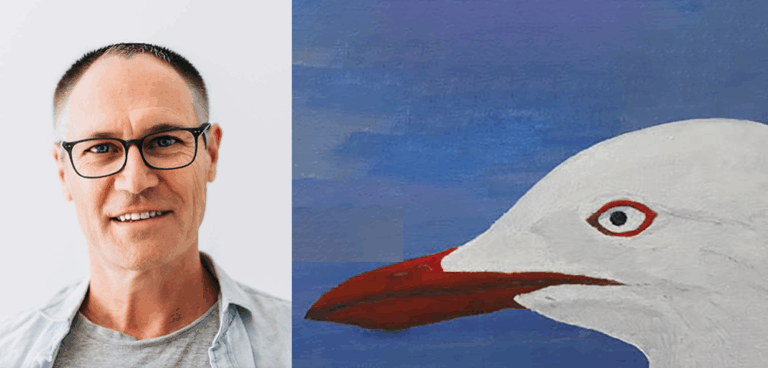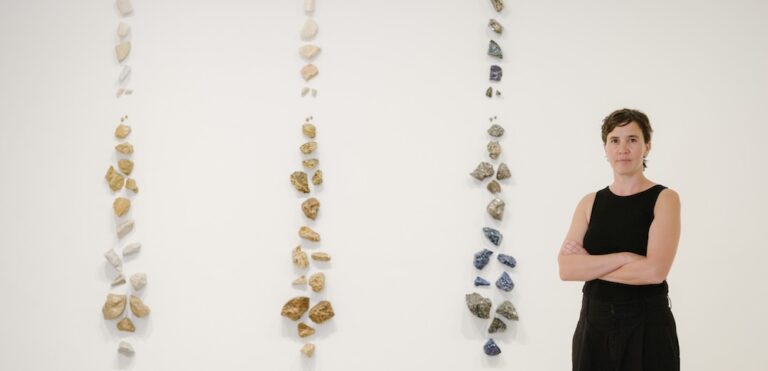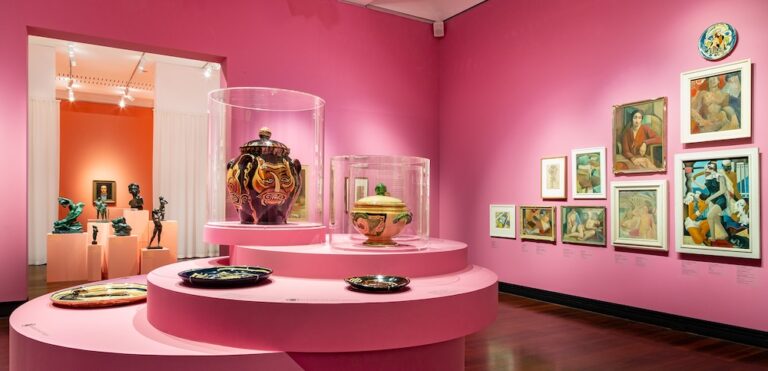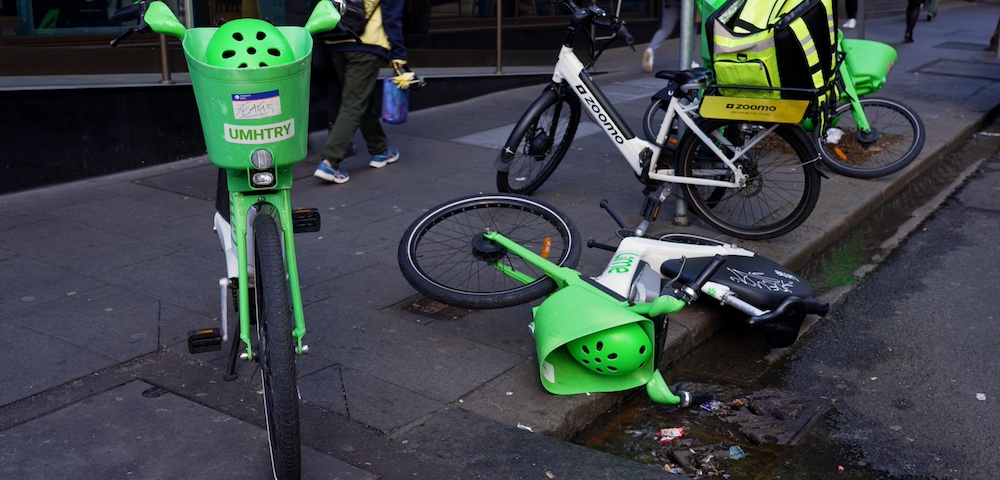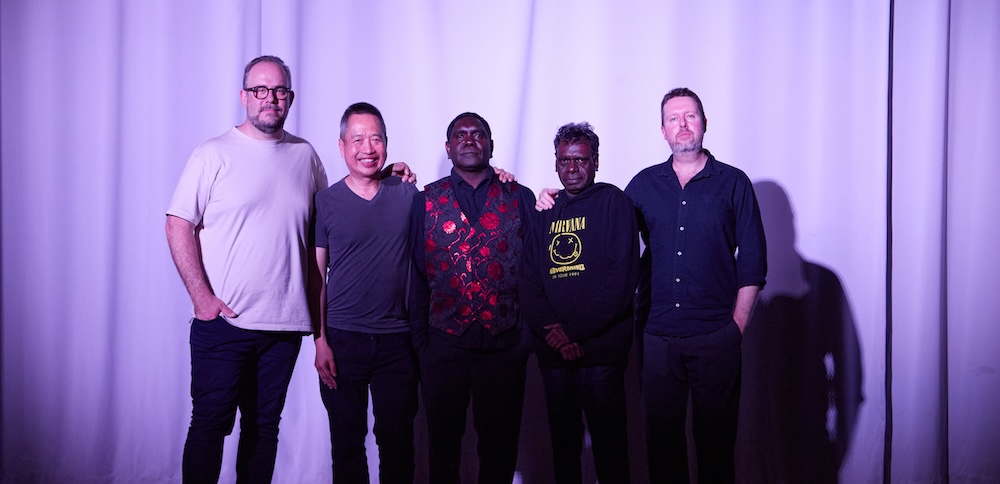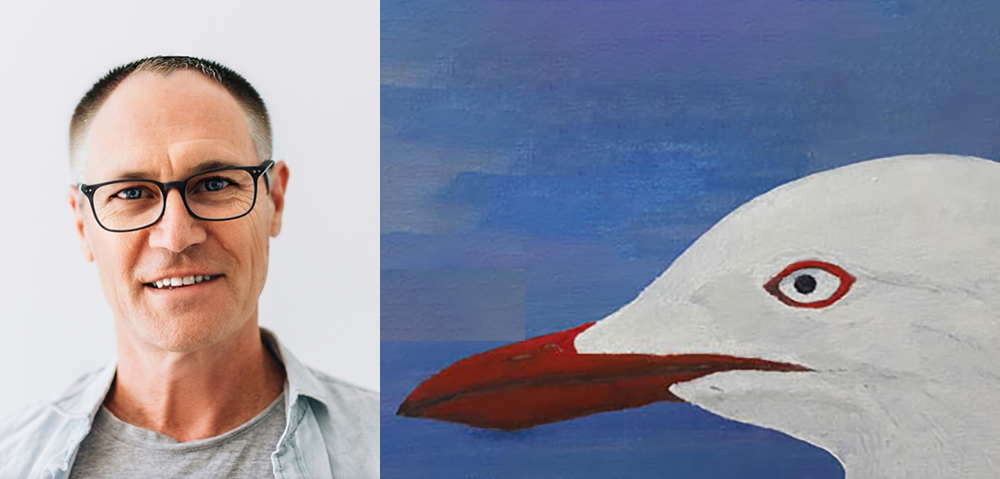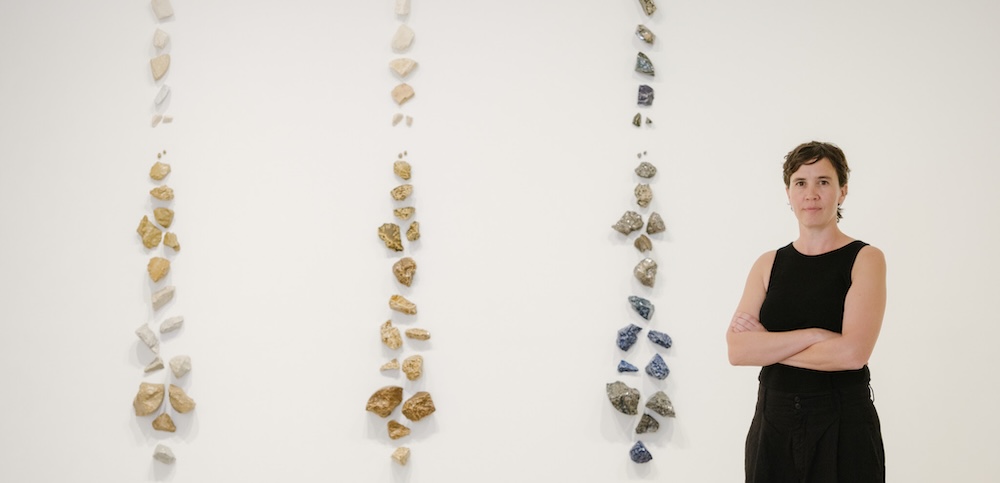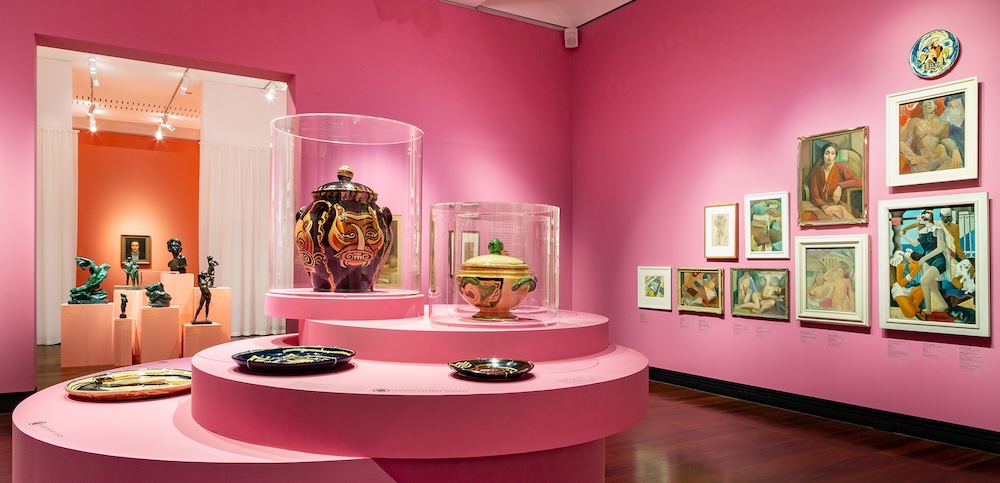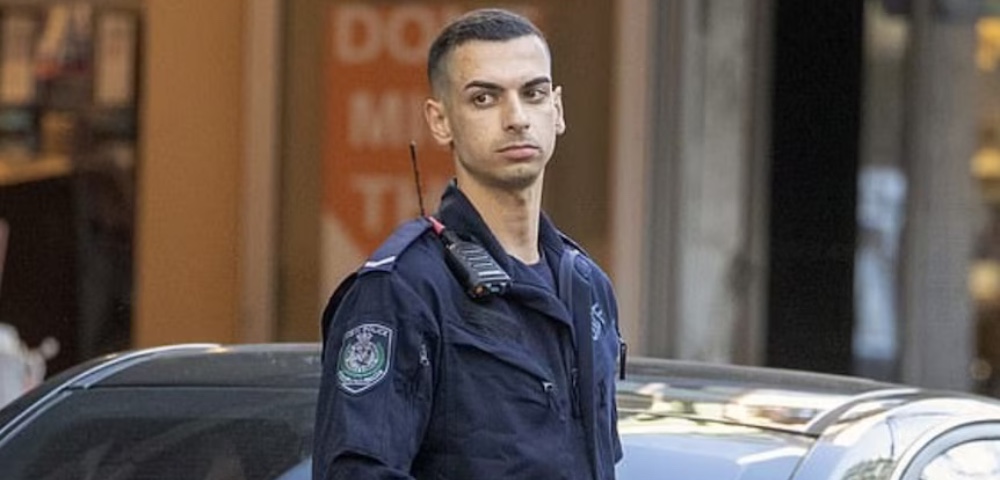
Payal Kapadia on Mumbai, Dreams And Making Golden Globes History
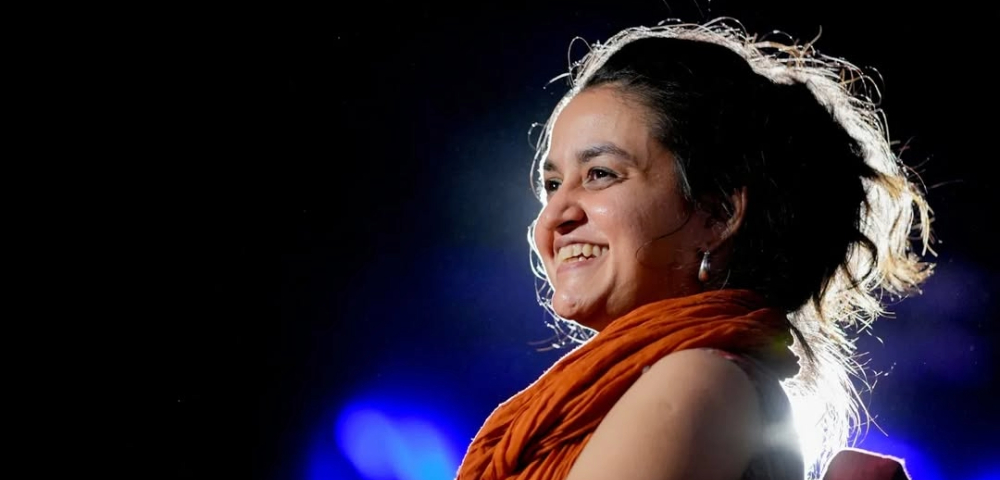
Payal Kapadia has taken the global film circuit by storm with All We Imagine as Light, earning a historic Golden Globe nomination as the first Indian female director.
Known for blending reality and fiction, her work captures life’s contradictions with raw authenticity.
Kapadia was in Kerala, Trivandrum, for a film festival and wrapping up her press run at the time of the interview.
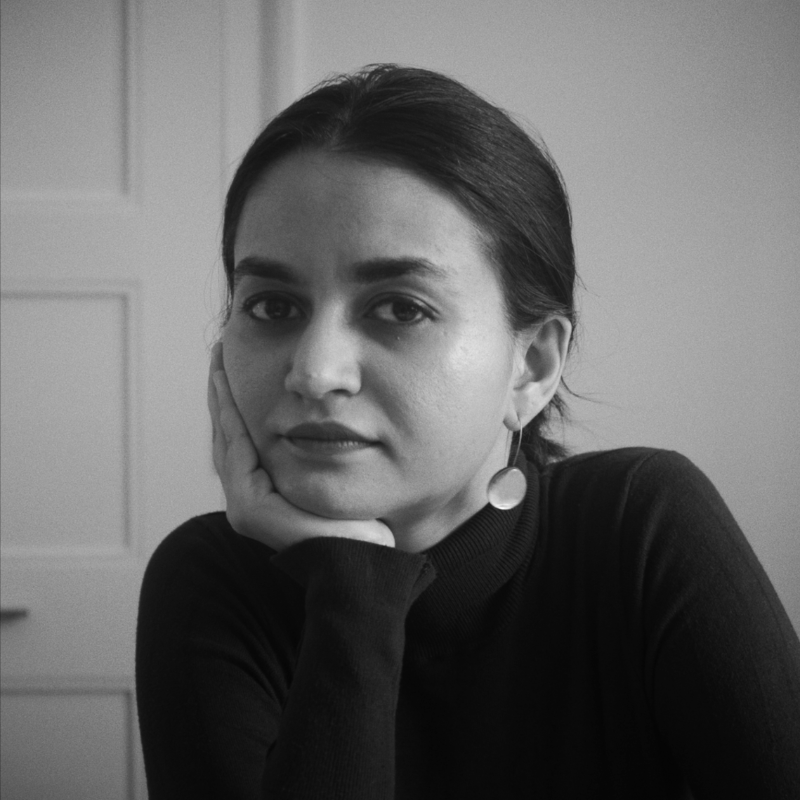
Payal Kapadia spoke with CityHub about her creative process, Mumbai’s layered realities, and the inspirations behind her storytelling journey.
Hi Payal, it’s so nice to meet you. Congratulations on all your success–it’s very well deserved.
First, I know you’ve just released a statement but I’d love to hear it firsthand. How does it feel to make history right now as the first Indian female director nominated for a Golden Globe?
It’s really overwhelming. I didn’t expect it at all. But it’s such a joy, especially knowing how many people worked on this film.
Two and a half years ago, I had come [here] for IDSFFK and, in this same place, we were trying to find actors, like, “Oh my God, will we be able to do this?”
I was just telling my executive producer that I was having nightmares about this place–it was a big mess, that initial casting for the other roles that we had to do.
So, this is a whole different feeling, same space. It feels very surreal
Payal from two years ago would probably never believe what’s going on right now.
Crazy! No way.
I just had the pleasure of watching the film and it was so delightful–visually and emotionally. One element I particularly loved was the music, like the piano trill every time Anu appears.
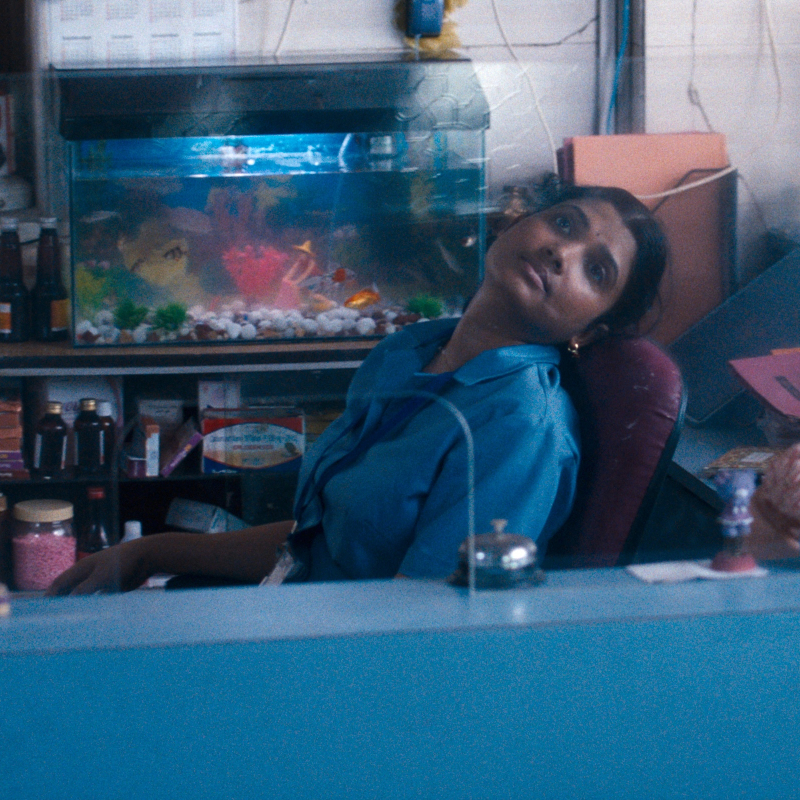
I know Sans Soleil is one of your favourite films and I just want to ask, why do you gravitate towards merging reality and fiction in your work?
I like films that have this slightly makeshift, where reality sneaks in.
There’s a little more self-reflexivity, at least from my end– something more handmade without a ‘finished film’ feel. I think when you get very absorbed in the film, sometimes the discourse gets lost because you’re so involved in the story.
If there’s meandering, at least when I’m watching films–giving me space as an audience to not have my hand held but shown something and say, okay, now you decide that feeling.
That’s the kind of film I like and was trying to emulate that.
So not something that’s just shiny on the outside and more superficial?
No, narrative films are not superficial at all, but in a way, getting from A to B isn’t for me. What happened on the way, that’s more important.
That’s a pretty good metaphor for life.
True. I think narrative films, if they are also able to do this, then those people are geniuses, like Scorsese.
I’d say you’re getting there. I mean, not to give you too big of a head or anything.
(Laughs) Yeah right.
How did you accomplish that? Because the film is in a very dreamlike state throughout but it’s still so grounded in reality.
I wanted to have that feeling all together. I’m very affected by different feelings of reality. Whether you have a bad dream, then you’re annoyed the next day–that affects your reality.
Or if you watch something that’s part of your reality, even if it’s fiction. Reality is made up of many things. It’s made up of our dreams and stories we hear–like a cross section of a cake. I feel we all experience life in so many different ways, no? So I wanted to have a few teaspoons of that.
I like the cake metaphor. Mumbai seems a lot like that. It’s dreamy. But if you look around, you see the reality of things. A line in the film goes – Mumbai is a city of dreams, but also a city of illusions.
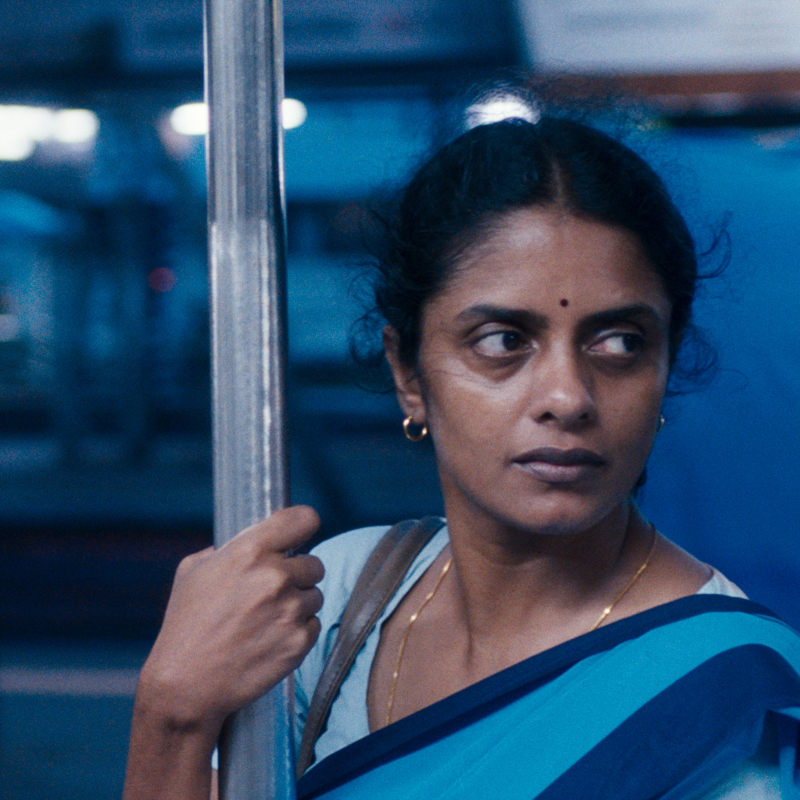
Can you speak more about that? Can you tell me a time when Mumbai felt like dream and another where you felt beaten by the reality of Mumbai?
I wouldn’t say there was one moment but my relationship with the city has been ever changing. It is a city of possibility for a lot of women especially, including my friends at the film institute, moving to Mumbai was liberating.
You can live your own life and try to navigate this world. But it’s also very difficult. During COVID especially. That’s when it was a really terrible situation– most people had to go back because they couldn’t sustain life here.
In Mumbai we have this saying ‘the spirit of Mumbai’ and we take a lot of pride in it. But for me that spirit is essentially saying you have no choice. If you want to live here, you have to survive waist-high water, and suffer the fact that you can easily be thrown out. You have to accept that you have to live really far and travel two hours to come to wherever you work in central Mumbai.
That is not the spirit, no? That’s necessity. Often, the spirit sold to us is a lack of any better way.
So everyone has to suffer and that’s the way it is?
Some people don’t suffer. They’re in fancy apartments and admire how beautiful the rain looks. But thousands wade through the streets and have wet feet the whole day– or worse. We saw this during the 2005 floods.
So many people lost their lives or couldn’t find their family. Our city has really gone through a lot.
I think we have to see the world with its contradictions. That’s the only nuance we can have in a world so desperately trying to divide us into binaries. The contradictions in our daily lives, it is the crux of big city life–which is what I wanted to explore.
We’ve seen this theme in many other Mumbai films whether it is Dobhi Ghat or Luck By Chance.
Of course, your inspirations & favourite Mumbai city films.
People seem more concerned with the shiny part of city life, trying to bury its reality under all this gloss–new restaurants, malls and further pushing out people trying to make a living or suffering compared to those worrying about a late Amazon parcel.
Yeah. And the reality of India is unfortunately, a lot of non-city areas are not equally developed so people have no voice.
One of the characters says why would I want to go anywhere else, “Here I have a job and money.”
I’m not gonna be able to go back to Ratnagiri and find a job there. Why would anyone want to do that for so little pay and unregulated conditions? So, cities in our country offer opportunity , but there still needs to be regulation or justice to fight for—or at least argue.
Her solace is at least I’ll have my own home, unlike here, with all the redevelopment and gentrification.
Yeah, but for me, I was very keen to leave some positive feeling for Parvaty’s last evening in Mumbai. She goes to this union meeting where she finds others like her.
There is perhaps a hope that they’ll come together and fight the case. There’s strength in that unity .I didn’t want her to leave without any hope–that her building would be gone but that they would fight together.
I hate to ask what you’re working on next since you said you’re overwhelmed and I think you should enjoy the flowers now.
I’d love to sleep for sometime (Laughs)
I’ve just been thinking she must be so jetlagged right now
(Laughs)
Do you have any idea what themes you want to tackle next?
I’m working on two more Mumbai films. I’ll see what I can make first but I want to explore the same: friendship and big city connections.
I’m trying to delve into the current flux of the city because right now the city is geographically changing–500 metres of reclaimed land has reshaped it. So what or who has the right to this land. That’s a question I’m hoping to tackle.
You’ve said before that cinema is a way to answer questions and I look forward to how you’re gonna answer this one.
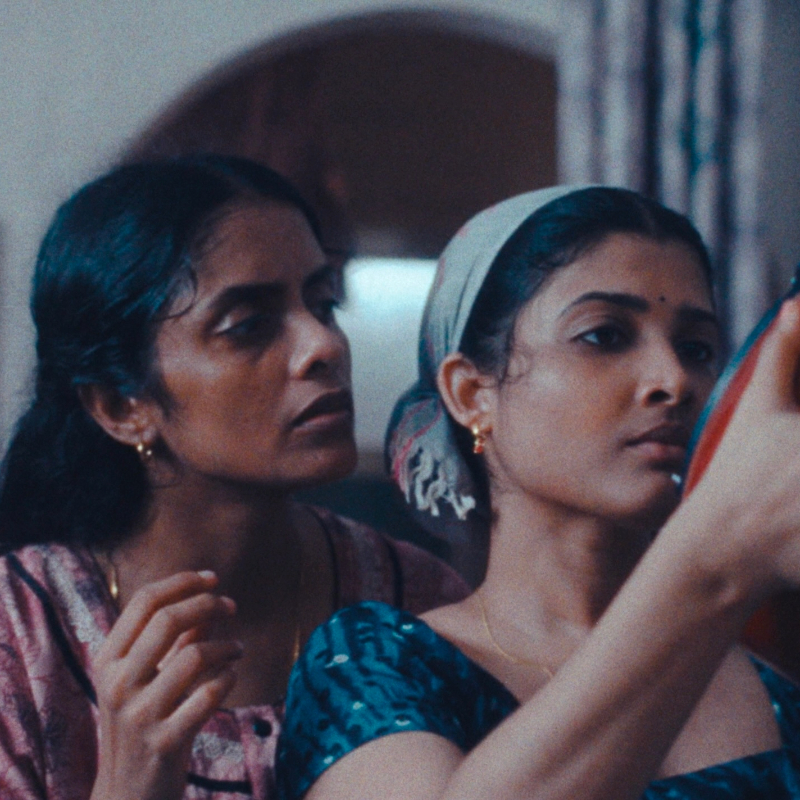
I know you like to be involved in every part of the process, aspiring to become an editor at some point. Is there a part you enjoy the most?
That’s the joy of filmmaking—every step puts you in a different mode of working. When I’m writing I’m alone, meeting people I probably won’t see again. Gathering material to understand better– not just for the film. Going to do things without a purpose, go to a place not to shoot but see and build a larger image in your mind.
In preproduction, you meet the same people with a different purpose— casting or locations or camera angles. It’s about providing a different lens then the same things become more interesting, which I really enjoy. Shooting which is just crisis management, hoping that you do the best and get the shot, it’s a whole different energy, the last print.
And when you’re editing you say why the hell did I do this!?
Why did I make that choice and spend so much time on it?!
Exactly. Then it’s with the editor and the film is so fragile but it’s a whole being already– you’ve shot it. So now you just have to find the shape.
And now when it’s out, it sparks more conversation. Sometimes I realise “Oh I thought about it like this.” Because when you’re making it, it’s a very intuitive thing but later you’re like okay this is what I was probably thinking.
Like you said it’s not about getting from A to B. It’s about the journey.
Exactly.
So there’s no particular aspect you like?
I have FOMO [Fear Of Missing Out] all the time, when I’m doing this I wanna do this. When i’m writing I want to be editing.
That’s good to know and FOMO is an underrated motivator.
(Laughs)
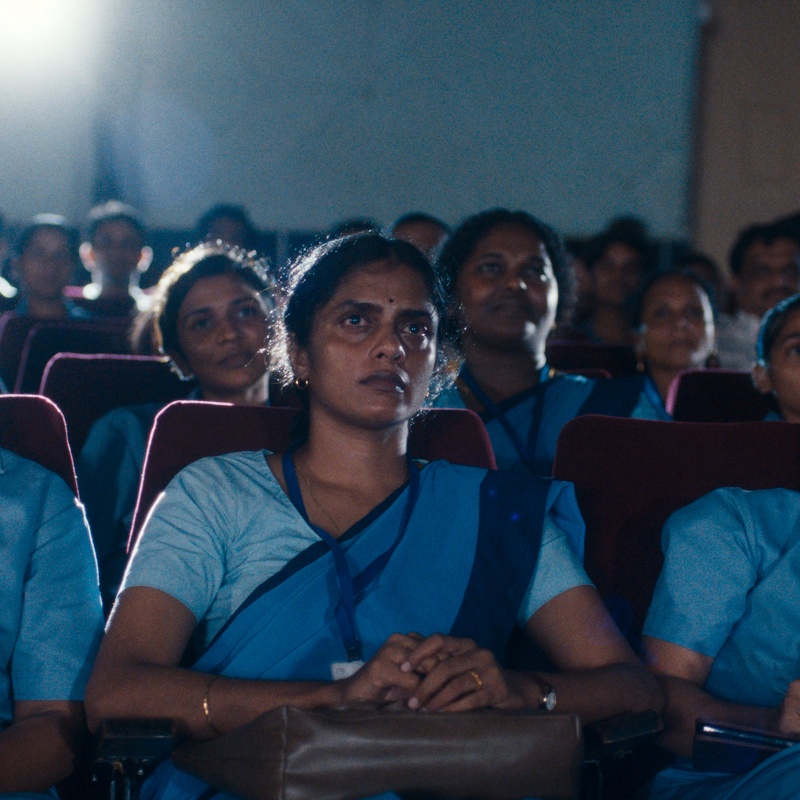
Do you have any advice for aspiring writers or filmmakers?
Treat it like long-distance running, [that really helped me]–don’t glorify the ending. Just keep your head down and go one step at a time because it takes time. Even a film like Wicked took so long to make.
We don’t see the process of how much time it takes. So for young filmmakers I think they tend to, I mean even I was focused on the result rather than the process and time taken, which really helps.
I can relate to that as a writer–It’s easy to get overwhelmed by the process.
I was reading somewhere which really stayed with me–I don’t remember who said it– but if you write 5 pages a day, even if they’re bad, it’s better than having no pages
Finally, what’s the first film you remember watching that had a profound effect on you?
Vera Chytilova’s Daisies
It’s a film I think that is playful, cinematically and thematically but also anarchic and explores the cinematic form. It’s about two girls who go on a crazy rampage. I think its must-watch for anyone wanting to make films.
How old were you when you watched it and how did it make you feel?
I was 18 and I didn’t know that films could be made like this. It really opened up something for me and I really wanted to be a filmmaker more because I watched this movie.
Once again, congrats on your success and thank you for taking the time to talk to me.
Thank you. You too, bye!
Payal Kapadia’s All We Imagine as Light is more than just a film—it’s a tapestry of sisterhood, dreams, reality, and everything in between, against Mumbai’s backdrop.
As she earnestly continues to blaze trails, it’s hard not to root for her success and eagerly await what she has in store.
